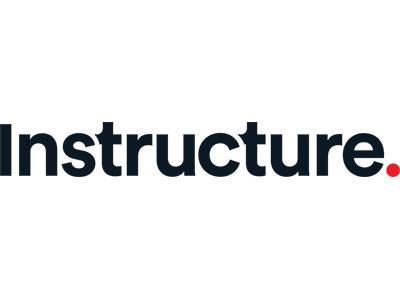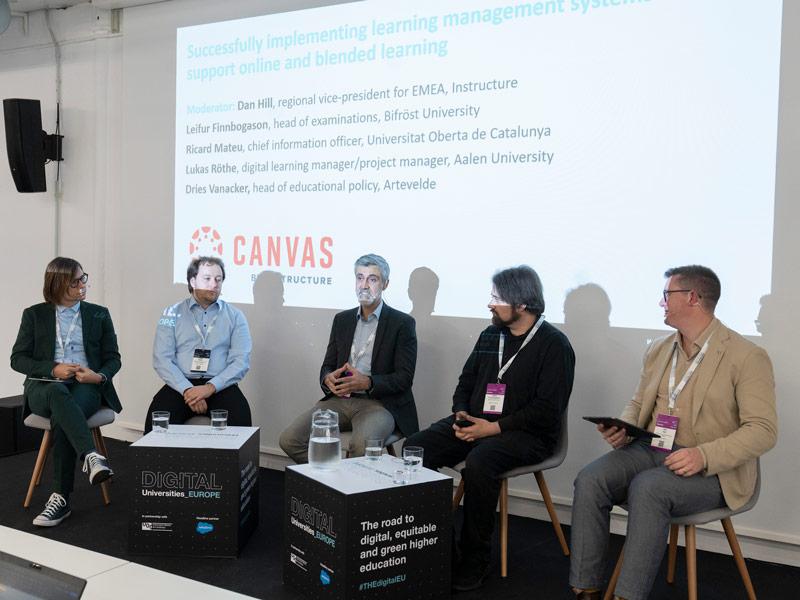
AI’s impact on lifelong learning and the future of skills
Digital disruption, short lifespan of skills and rising retirement ages mean people who want to thrive professionally must continually upskill and reskill. During a THE webinar, held in partnership with Instructure, Professor Nicola Wilkin, academic director of digital education and equity at the University of Birmingham, and Daniel Hill, managing director of EMEA at Instructure, discussed the challenges and opportunities that AI presents in the evolving labour market.
The emergence of generative AI has changed the skills landscape, requiring people to develop new skills and adapt throughout their careers. “We shouldn’t underestimate the challenge that lifelong learning presents when we expect people to upskill significantly in a given area rapidly,” Wilkin said.
Everyone involved in teaching and learning must create an ecosystem where lifelong learning is possible, Hill said. While the education sector is responsible for the way information is structured and absorbed by learners, governing bodies must implement support mechanisms to create a seamless link between the labour market and course content. Hill emphasised that education technology providers need to offer compelling tools that remove barriers for institutions, employers and students to interact.
Mindful use of generative AI can smooth out these processes. With proper guidelines in place, AI can support educators and learners in brainstorming, identifying unexplored topics and developing skills, Wilkin said.
Co-creating the future with a focus on critical thought is vital, Wilkin said. “We need to make sure that what we are doing is both equitable and ethical.” An outright ban on AI tools leads to a “bring-your-own-AI” mentality among students and staff, which increases the risk of data being leaked and unintentionally supplied to different AI engines, she added.
With rapid changes in technology and skills demand, the knowledge and confidence to use AI tools and sense check results will be important, Wilkin said. Technology tools can exacerbate the digital skills gap among learners with less experience in using them. That’s why signposting is vital for such students as well as asynchronous and distance learners. The University of Birmingham is developing AI chatbots to recommend digital tools and opportunities for students.
Instructure works to ensure that AI has the biggest and most equitable impact on learners and educators who use its tools. The company has created a set of guiding principles on AI to act as Instructure’s internal governance mechanism, Hill said. “It’s about how we can educate [staff and students] to use the tooling and technology and make the hybrid merge of AI and human intelligence better than just AI on its own.”
The panel:
- Daniel Hill, managing director for EMEA, Instructure
- Sreethu Sajeev, branded content deputy editor, THE (chair)
- Nicola Wilkin, academic director of digital education and equity, University of Birmingham
Find out more about Instructure.

